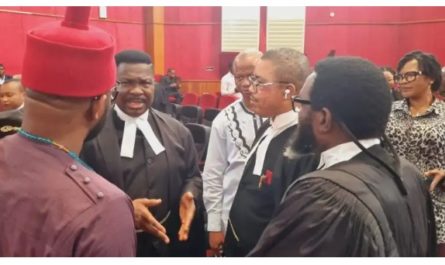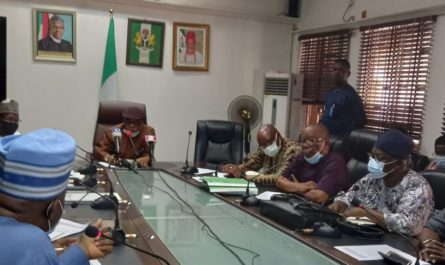Experts in the education sector have reacted to the Academic Staff Union of Universities ASUU’s stance on “no pay, no work,” asserting that the union’s position is not recognized by labor laws and lacks logic.
Reacting to the statement by the President of ASUU Professor Emmanuel Osodeke, they said ASUU must understand that work comes before payment and not the other way round.
Analysts, there is no suitable name anybody can give the money ASUU is asking for. “You can’t call it salary“, according to professor Ahmed Abdullahi, with an NGO, Education for All.
‘’By any definition, salary is payment for work done. Anything short of that is fraudulent and amounts to primitive accumulation’’.
It is also a point of contention on ASUU’s position that they can make up for the time they missed.
This is due to the fact that a strike that occurred before the current one that began on February 14, caused public universities to lose an entire academic year, and ASUU was never able to recover the lost time.
Within the next thirty days, public universities will suffer yet another academic calendar lose. This means the nation has lost an irreversible 2-years of its academic calendar, which is a fact to contend with.
No student from any public university in the country have done the National Youth Service scene in the past two years. There is a queue of admissions applications at Jamb that dates back three years, and we are still counting.
The Executive Director of Education Rights Initiative, Dr. Joseph Udah, said Nigerians need to understand that the action of the government on no work no pay is strictly within the law and that the position of ASUU is not only misleading but also lacking in law and logic.
The number of stakeholders are starting to question the involvement of ASUU in matters of infrastructural development, which is the responsibility of university management and not a labour organization.
The primary responsibility of a trade Union is the well being of its members.
On the other hand, according to Dr Kasim Umar, chairman of ASUU, University of Abuja chapter, the International Labor Organization and the 1981 Trade Union Act are very clear on that matter.
“Our salaries are always negotiated, it is not something you feel you can pay us, it is something that you have to sit down to talk and agree that you can pay us. As far as we concerned, our job is different from any other civil servants, it is the job you are going back to do, you are not paying for an hour you are paying for the job we have done so it is their responsibility to pay us and if they said they are not paying us and, it is a joke taken too far.
IPPIS vs UTAS
Regarding the IPPIS, a professor at one of the tertiary institutions, who requested anonymity, said since all of the other staff members have accepted the IPPIS, adopting UTAS by the government would amount to the tyranny of a minority over the majority of workers. “Once you do that, every other union will be at liberty to come up with its payment platform:, he asserted.
Earned Academic Allowance
On Academic earned allowance, the professor said the scheme was to run for just ten years during which all universities would have engaged the best of their brains in every department over the period, thereby solving the problem of excess workload. It is not logical to be talking about earned allowance over twenty years after the agreement.
Source: radionigeria




